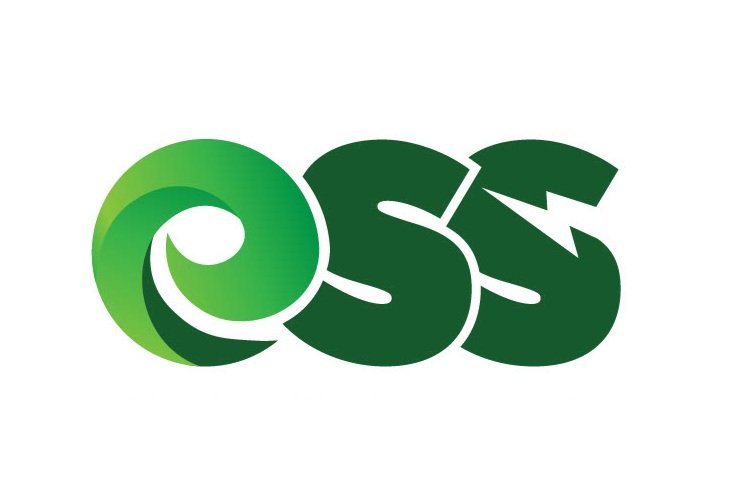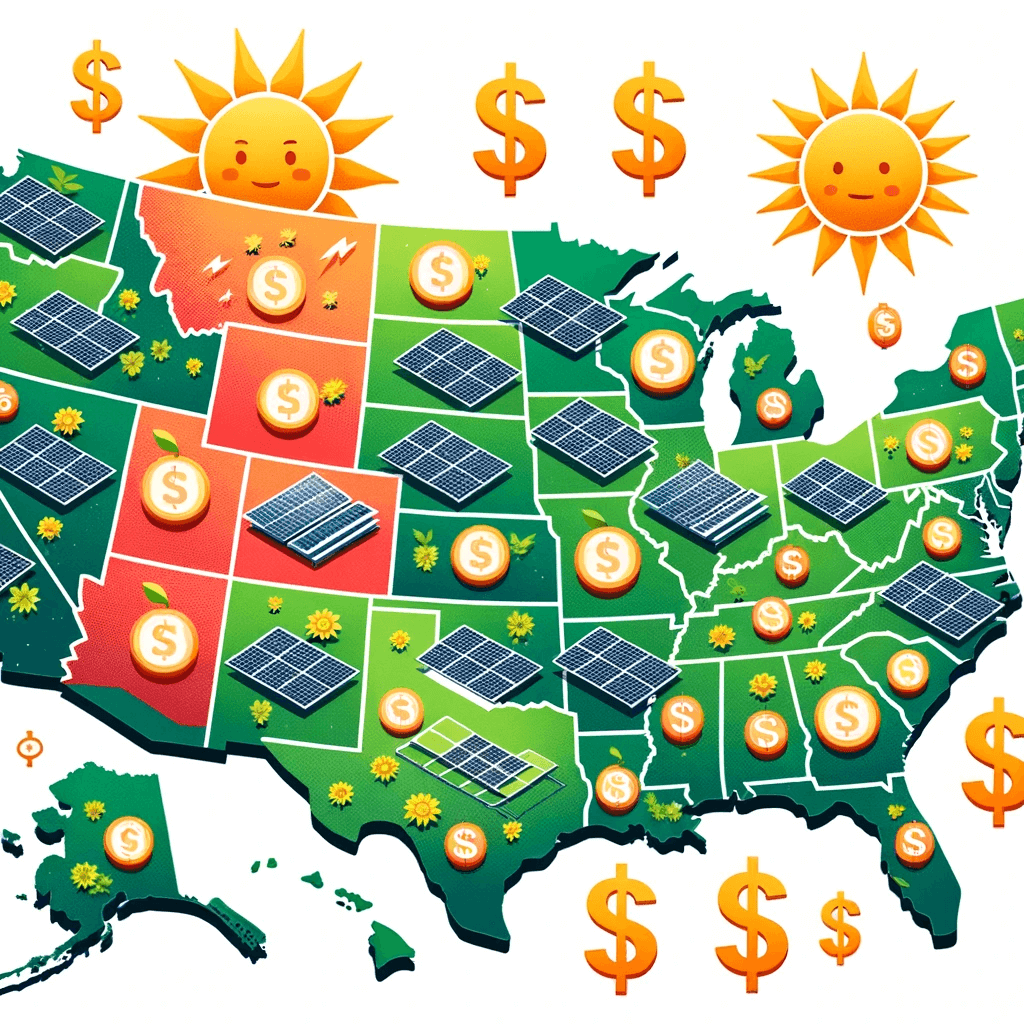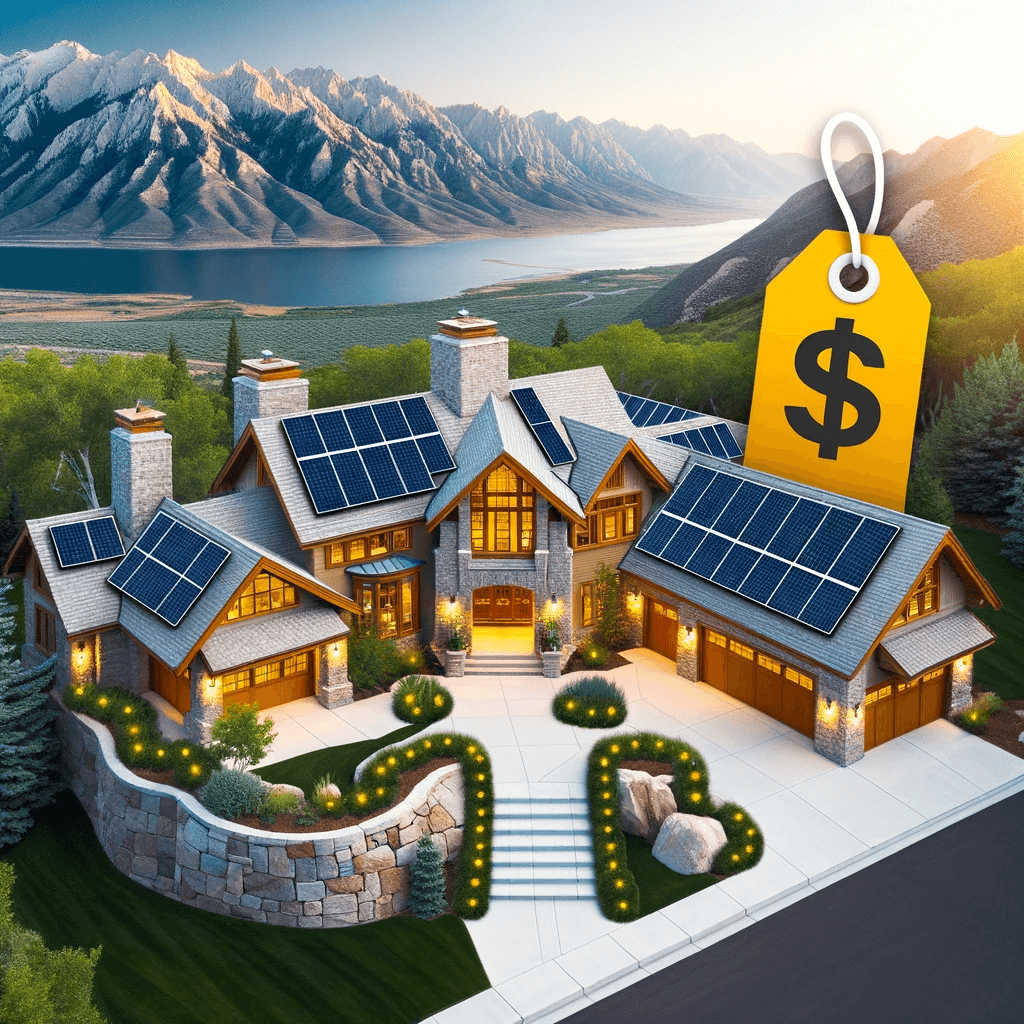Decoding Solar Power Return on Investment (ROI)
Introduction:
In the ever-evolving realm of renewable energy, solar power stands out as a beacon of promise, not only for its environmental benefits but also for its financial rewards. In this illuminating blog post, we delve deep into the concept of solar power return on investment (ROI). Prepare to uncover the financial mechanics behind solar energy systems and learn how they can bring about substantial gains while contributing to a sustainable future.
The Essence of ROI in Solar Power
Understanding Return on Investment (ROI): ROI is a fundamental financial metric that measures the profitability of an investment relative to its cost. In the realm of solar power, ROI quantifies the financial benefits of a solar installation against its initial investment.
The Solar ROI Equation: Solar ROI is calculated by dividing the cumulative savings generated by the solar system over its lifetime by the initial investment cost.
Factors Influencing Solar ROI
Upfront Costs: The initial investment includes the cost of solar panels, installation, inverters, and associated equipment. Selecting the right system size and components can impact your ROI.
Energy Savings: The amount of money saved on energy bills over the solar system's lifespan is a significant contributor to ROI. The more energy your system generates and offsets, the greater the financial return.
Incentives and Tax Credits: Government incentives, rebates, and tax credits can substantially reduce the initial investment, accelerating the pace at which your solar investment pays for itself.
System Lifespan and Maintenance: The longevity of solar panels and their maintenance requirements can influence how quickly your investment reaches the breakeven point and starts generating profits.
Electricity Costs and Rate Increases: The future cost of grid electricity and potential rate increases can impact your ROI, as higher energy prices lead to greater savings from solar.
Frequently Asked Questions (FAQ)
-
The "payback period" for solar panels varies based on installation costs, energy savings, local electricity rates, and incentives. On average, most homeowners see a payback period between 6 to 10 years, after which they essentially generate "free" electricity.
-
Yes, in 2023, solar remains a solid investment. With the decreasing costs of solar technology, increasing electricity rates, and the continuation of tax credits and rebates in many areas, the financial prospects of solar installations are promising. Additionally, solar enhances property values and contributes to sustainability goals.
Maximizing Solar ROI
Optimize System Size: A properly sized solar system that matches your energy consumption patterns ensures maximum energy generation and savings.
Quality Matters: Invest in high-quality solar panels and components to ensure the longevity and efficiency of your system, leading to higher savings over time.
Consider Financing Options: Leasing, financing, or power purchase agreements can make solar installations more accessible, reducing the initial financial burden.
Efficient Energy Use: Pair your solar system with energy-efficient appliances and practices to minimize energy consumption, enhancing the ROI.
ROI Beyond the Financial Realm
Environmental Impact: While the primary focus is often financial, it's important to acknowledge the positive environmental impact of solar installations, contributing to a cleaner planet.
Energy Independence: Solar power provides a degree of energy autonomy, protecting homeowners from fluctuating energy prices and grid instability.
Calculating Solar ROI: A Simplified Example
Initial Investment: $20,000 Annual Energy Savings: $1,800 System Lifespan: 25 years
Calculation: ROI = (Total Savings / Initial Investment) * 100 ROI: ($1,800 * 25) / $20,000 * 100 = 225%
Conclusion: Unleashing the Power of Solar ROI
Solar power return on investment is more than just a financial figure—it's a testament to the sun's potential to illuminate not only our homes but also our financial future. As solar technology continues to evolve and financial benefits become more pronounced, investing in solar power offers a golden opportunity for long-term financial growth and a greener planet.
Ready to take the leap into the world of solar power and harness its impressive return on investment?
Consult Solar Professionals: Reach out to reputable solar installation companies, like ESS Solar, for expert advice on system sizing, design, and installation. Their expertise will guide you toward maximizing your ROI.
Related Articles
Disclaimer: This blog post is intended for informational purposes only and does not constitute financial, tax, or investment advice. Consult with financial professionals before making decisions related to solar installations and financial investments.
Sources:
Solar Energy Industries Association. (2022). Solar Investment Tax Credit (ITC).
U.S. Department of Energy. (2022). Solar Energy Technologies Office.
Solar-Estimate.org. (2022). Solar Panel ROI Calculator.





